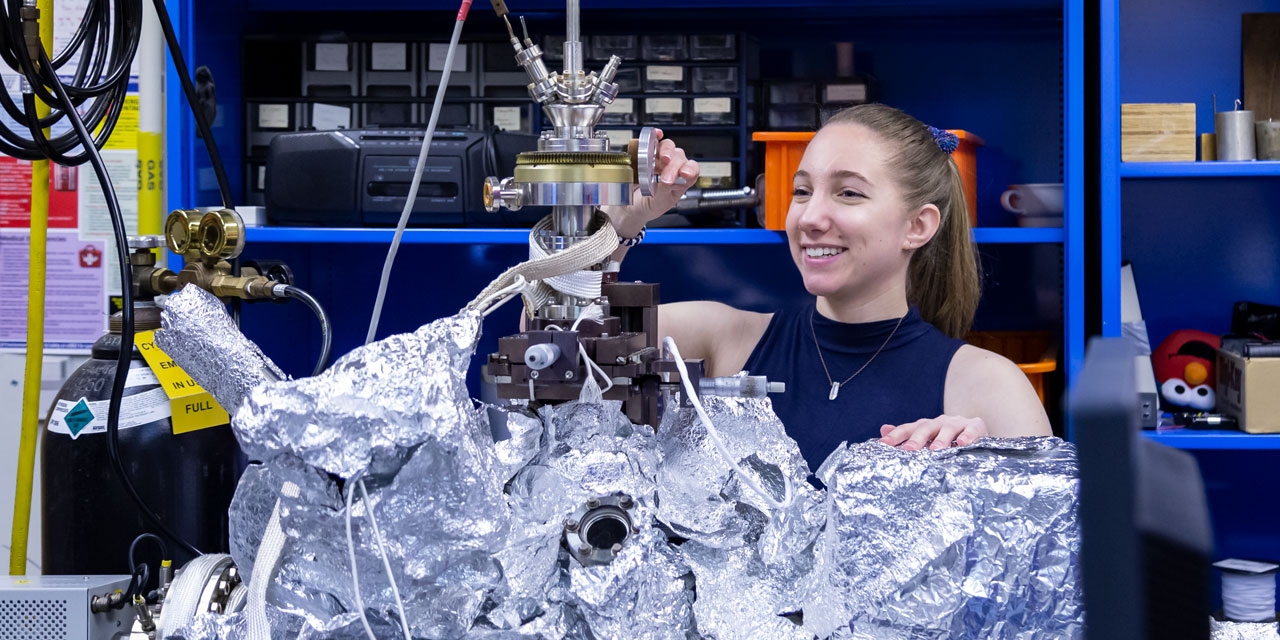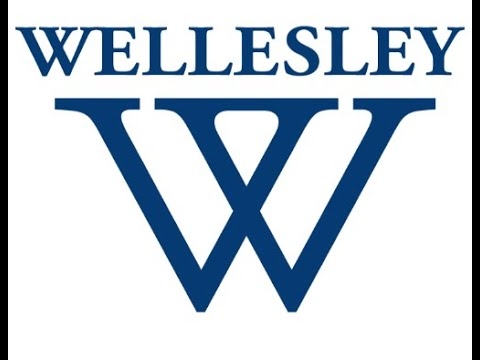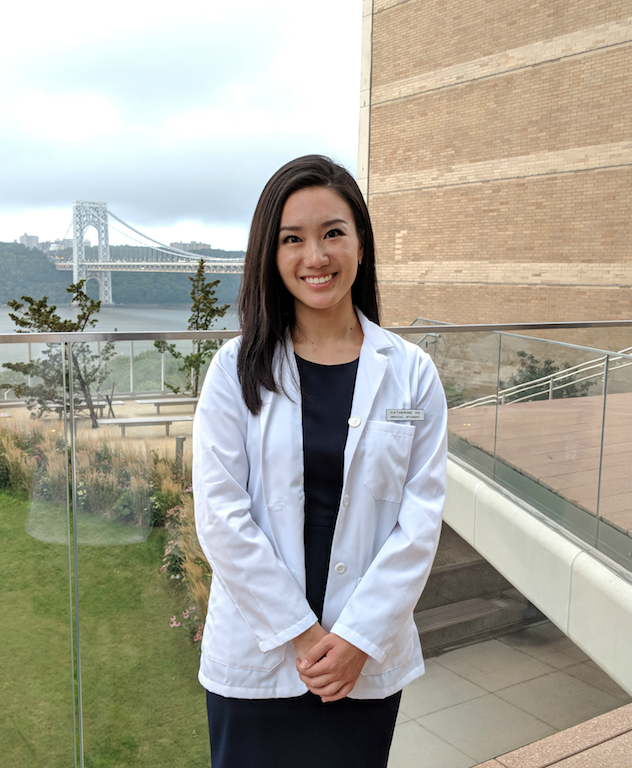Science Research

Participating in research experiences as an undergraduate is an excellent way to add depth to your science understanding and actively engage with what you are learning in the classroom. By doing so, you further develop your laboratory, analytical, and problem-solving skills, and you start to build your network with faculty members. Research experiences are valuable components to your resume, and they can make you more competitive for both graduate school and industry opportunities.
Physical Sciences

The physical sciences, as a branch of natural science, focuses primarily on the study of non-living systems. However, just as these areas of study are broad, the physical sciences intersect with a wide range of career opportunities, which can be found in the private sector, in education and academia, and in all levels of government.
Computer Science and Technology

If you are interested in using your technical knowledge, creativity, problem-solving, and critical thinking skills in your career of choice, exploring opportunities in technology, and software engineering-related industries and sectors may be of interest to you. These industry areas are growing and innovating rapidly – opportunities that are unheard of today may be top options in a few years. Broadly speaking, employment in computer and information technology occupations is projected to grow 15 percent from 2021 to 2031.
Computer science at Wellesley encompasses the broad application and theory of ideas relating to hardware and software. As an outcome, those studying computer science should leave with a broad understanding of how computing and technology applications work so that they can build computer applications of the future. Since technology is present in any and all industries and disciplines, the application of technical knowledge can be found in numerous career opportunities.
Learn About Careers in Life Sciences
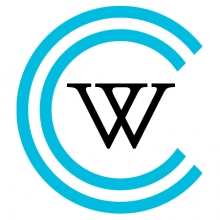
A career in the life sciences can include a broad range of companies, organizations, and foundations concerned with the study of living organisms, including biological sciences, botany, zoology, microbiology, physiology, biochemistry, and a number of related subjects. Employers may include biotechnology & pharmaceutical companies, academic institutions, healthcare organizations, foundations, and federal agencies. Most of the information on this page concerns non-patient facing options but there are opportunities to create career paths that merge patient and non-patient settings.
“I am most excited about meeting and learning from people all over the world, and observing and hearing about their connections to land and food. Everybody needs food, but everyone's experiences and perspectives are different. I can't really imagine where this year will take me, but I know it will be transformative.”
“I previously had dreams to be an author, but found myself called by the combination of logic, mystery, and truth in science.”
Ronald E. McNair Scholars Program at Wellesley College (sophomores and juniors)

The McNair Scholars Program is a federal TRIO program funded at 187 institutions across the United States and Puerto Rico by the U.S. Department of Education. McNair participants are first-generation college students with financial need, and/or members of a group that is traditionally underrepresented in graduate education and have demonstrated strong academic potential. The goal of the McNair Scholars Program is to increase graduate education for students from underrepresented groups. At Wellesley, the McNair Scholars Program is STEM focused, and applications are typically due in November each year.
Chemistry

Chemistry is the knowledge of the properties and behavior of atoms and molecules, and it is crucial to our understanding of medicine, biological systems, neuroscience, nanotechnology, environmental science and a myriad of other areas. Therefore, there are a wide range of career options for chemistry majors and minors!
Fellowships and Scholarships for Study Abroad
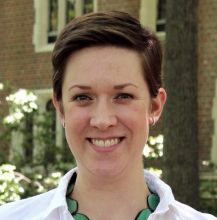
About 45% of Wellesley students pursue study abroad during their time as an undergraduate—and fellowships and scholarships can help support that study! Explore this resource for specific opportunities and advice on how to get started.
Teaching Fellowships

One of the common “purposeful activities” that fellowships can fund is teaching: in the U.S. or abroad; opportunities with or without previous teaching experience; and at all levels of instruction, from elementary school to university level and beyond. This resource is by no means exhaustive, but instead aims to provide seniors and graduates with an introduction to the biggest and most common teaching fellowships
“I am so thrilled that I will be able to learn directly from women leaders in crucial environmental projects in a diverse array of Latin American countries that I otherwise could not have ever imagined visiting.”
“I will be the first doctor in my family and the first to attend graduate school with the gift of the Sarah Perry Wood Medical Fellowship.”
Mathematics

Mathematics is essentially the study of patterns, and the understanding and application of these patterns is essential for the foundation of all other sciences. While mathematics is often studied in its own right, it is also applied to all manner of real world problems found in business, government, laboratories, medicine, engineering, and more.
Churchill Scholarships (seniors & graduates)

Supports one year of graduate study (including one-year research degrees) in science, mathematics, or engineering at Cambridge. Eligible: graduating seniors and recent graduates of Wellesley College who are US citizens with majors in appropriate STEM fields. Campus application deadline typically in early October.
Astronomy

What is astronomy? In the most basic definition, astronomy is the study of the sun, moon, stars, planets, comets, gas, galaxies, gas, dust and other non-Earthly bodies and phenomena. As you think about careers in astronomy or astrophysics, the profession is a relatively small community compared to other science career fields.
Geosciences

Geoscience is the study of earth and all of its systems, and geoscientists investigate these interactions using transdisciplinary approaches to address questions related to how the Earth formed, how it evolved over geologic time, and how its continued evolution affects the environment in which we live. With geoscience being such a broad major of the study of the earth, there are many areas in which one could specialize and use to pursue career opportunities.
Engineering

Engineering applies knowledge from science and math to real-world challenges in an effort of improve the world we live in. It is a broad discipline that encompassess teamwork, problem solving, design thinking, communication, organization, and project management.
“[There are] a lot of different conceptions of the ocean, and a lot of exciting and creative solutions that are happening all over the world.”




